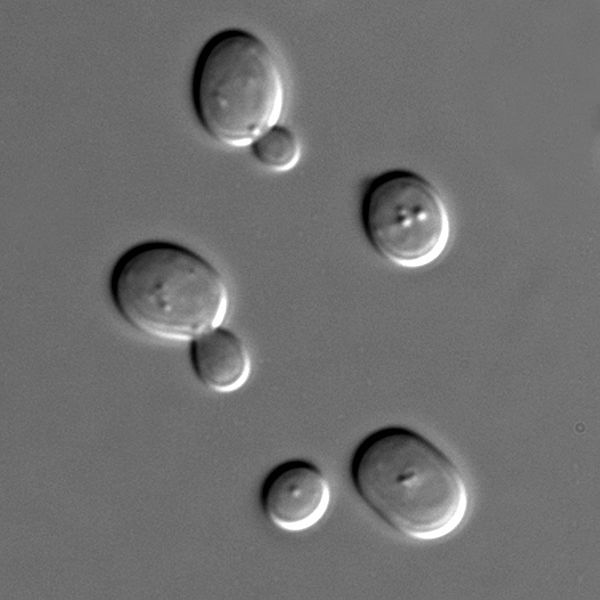The population on Earth is increasingly growing and people are expected to live longer in the future. Thus, better and more reliable therapies to treat human diseases such as Alzheimer’s and cardiovascular diseases are crucial. To cope with the challenge of ensuring healthy aging, a group of international scientists investigated the potential of biosynthesising several polyamines and polyamines analogs with already known functionalities in treating and preventing age-related diseases.
One of the most interesting molecules to study was spermidine, which is a natural product already present in people’s blood and an inducer of autophagy that is an essential cellular process for clearing damaged proteins, e.g., misfolded proteins in brain cells that can cause Alzheimer’s. When people get older the level of spermidine in the blood decrease and dietary supplements, or certain food products are needed to maintain a stable and high level of spermidine in the blood. However, those products are difficult to produce with traditional chemistry due to their structural complexity and extraction of natural resources is neither a commercially viable nor a sustainable approach.
Therefore, the researchers instead decided to open their biochemical toolbox and use classical metabolic engineering strategies to engineer the yeast metabolism to produce polyamines and polyamines analogs.
